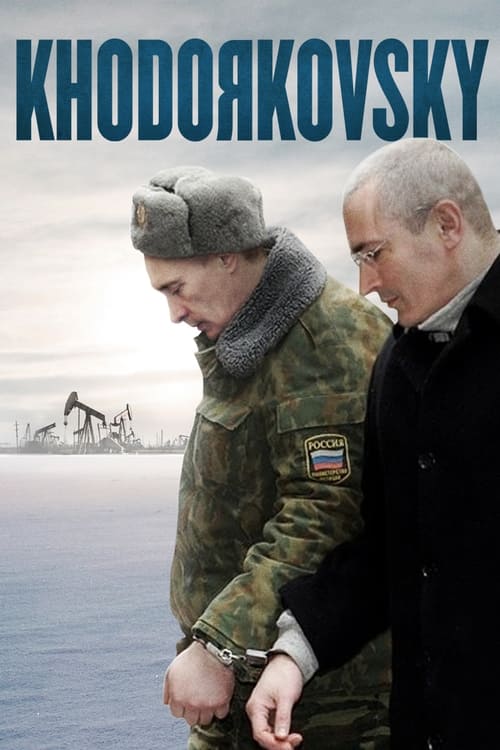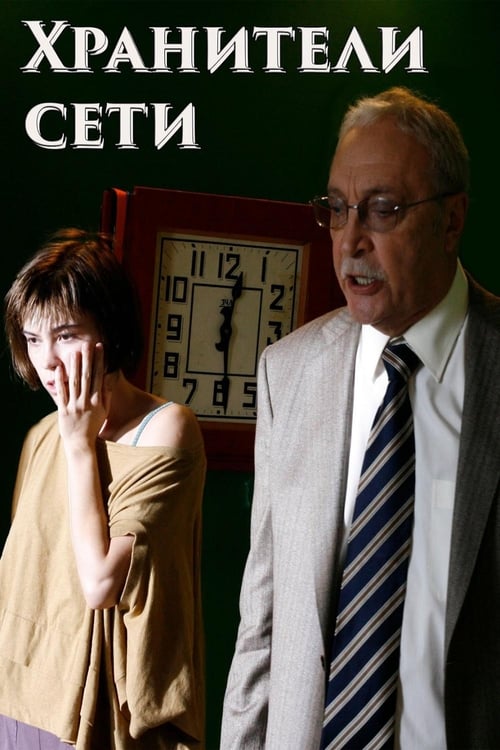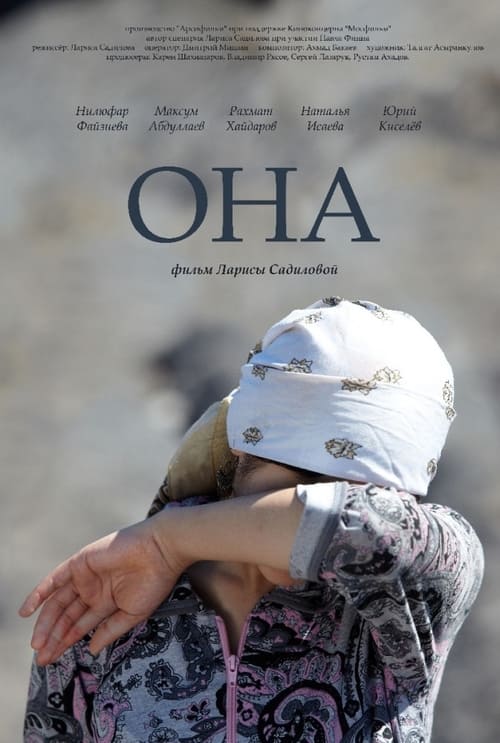
Ask Your Own Question
What is the plot?
What is the ending?
In the ending of "Aleksandra," the titular character, an elderly woman, visits her grandson, who is serving in the Russian military in Chechnya. After a series of poignant interactions and reflections on war, family, and loss, Aleksandra ultimately leaves the military base, filled with a sense of sorrow and longing for her family. The film concludes with a haunting image of her walking away, symbolizing the emotional weight of her experiences and the impact of war on personal lives.
As the film approaches its conclusion, the scenes unfold with a deliberate pace, emphasizing the emotional gravity of Aleksandra's journey.
Scene 1: The atmosphere is heavy as Aleksandra prepares to leave the military base. She has spent time with her grandson, Sacha, and the bond between them is palpable. The camera captures her frail figure against the backdrop of the stark military environment, highlighting her vulnerability amidst the harshness of war. Sacha, though proud of his service, is visibly affected by the realities of conflict, and their conversations are tinged with unspoken fears and hopes.
Scene 2: In a poignant moment, Aleksandra shares stories from her past, reminiscing about family gatherings and the warmth of home. Her eyes glisten with tears as she speaks of her late husband and the life they built together. This scene serves to contrast the warmth of her memories with the coldness of the present, where war has taken her grandson away from the comforts of family life.
Scene 3: As the day progresses, Aleksandra witnesses the daily lives of the soldiers around her. She observes their camaraderie, but also the underlying tension and weariness etched on their faces. The film captures the stark reality of military life, showcasing the emotional toll it takes on young men like Sacha. Aleksandra's heart aches as she realizes the sacrifices they make, and she feels a deep sense of helplessness.
Scene 4: The final moments are marked by a sense of inevitability. Aleksandra bids farewell to Sacha, her voice trembling with emotion. She implores him to take care of himself, her maternal instincts clashing with the harsh reality of his situation. Sacha reassures her, but the weight of their parting hangs heavily in the air. The camera lingers on their embrace, a moment filled with love, fear, and uncertainty about the future.
Scene 5: As Aleksandra walks away from the base, the landscape around her is desolate, mirroring her internal state. The sound of distant gunfire echoes, a reminder of the ongoing conflict that separates her from her loved ones. The film closes with a long shot of her figure receding into the distance, a solitary figure against the backdrop of war. This final image encapsulates the emotional core of the film, leaving the audience with a profound sense of loss and the enduring impact of war on families.
In the end, Aleksandra returns to her life, but she carries with her the weight of her experiences and the uncertainty of her grandson's fate. Sacha remains at the base, continuing his service, embodying the struggle between duty and the longing for home. The film concludes without resolution, emphasizing the ongoing nature of conflict and its far-reaching effects on personal lives.
Is there a post-credit scene?
The movie "Aleksandra," directed by Aleksandr Sokurov in 2010, does not contain a post-credit scene. The film concludes with a poignant and reflective ending that encapsulates the themes of war, memory, and the human experience. After the main narrative unfolds, the credits roll without any additional scenes or content following them. The focus remains on the emotional journey of the characters throughout the film, particularly the relationship between Aleksandra and her grandson, set against the backdrop of a war-torn Chechnya.
What is the significance of Aleksandra's relationship with the soldiers she meets?
Aleksandra, an elderly woman, visits her grandson who is serving in the Russian military in Chechnya. Her relationship with the soldiers is marked by a maternal warmth and a sense of connection, as she treats them with kindness and concern, often preparing meals for them. This dynamic highlights the human side of war, showcasing her ability to bridge the gap between the civilian world and the military experience.
How does Aleksandra's character evolve throughout the film?
Initially, Aleksandra appears as a strong-willed grandmother, determined to connect with her grandson and understand his life as a soldier. As the film progresses, her character reveals vulnerability and a deep sense of loss, particularly as she confronts the harsh realities of war and the impact it has on her family and the soldiers around her. This evolution is marked by her growing awareness of the dangers and emotional toll of military life.
What role does the setting play in Aleksandra's journey?
The film is set against the backdrop of war-torn Chechnya, which serves as a stark contrast to Aleksandra's memories of a peaceful past. The desolate landscapes, military encampments, and the constant presence of conflict shape her experiences and interactions. The setting amplifies her feelings of isolation and helplessness, while also highlighting her resilience as she navigates this unfamiliar and dangerous environment.
How does Aleksandra react to the realities of war during her visit?
Throughout her visit, Aleksandra grapples with the stark realities of war, often expressing disbelief and sorrow at the conditions she witnesses. Her initial naivety is challenged as she encounters the harshness of military life, including the emotional scars carried by the soldiers. This confrontation with reality leads to moments of profound sadness and reflection, as she struggles to reconcile her love for her grandson with the dangers he faces.
What is the significance of the final scenes involving Aleksandra and her grandson?
In the final scenes, the emotional weight of Aleksandra's visit culminates in a poignant farewell with her grandson. This moment is charged with unspoken fears and the uncertainty of his future. The significance lies in the deep bond they share, juxtaposed with the looming threat of war, leaving viewers with a sense of unresolved tension and the fragility of familial connections in times of conflict.
Is this family friendly?
"Aleksandra," directed by Alexander Sokurov, is a film that explores themes of war, family, and the human condition through the eyes of an elderly woman visiting her grandson, a soldier in Chechnya. While the film is not overtly graphic, it does contain several elements that may be considered objectionable or upsetting for children or sensitive viewers.
-
War Context: The film is set against the backdrop of the Chechen War, which may be distressing for younger audiences due to its themes of conflict and violence.
-
Military Presence: There are scenes depicting soldiers and military life, which may evoke feelings of tension or anxiety related to war.
-
Emotional Strain: The protagonist, Aleksandra, experiences deep emotional moments as she grapples with her grandson's situation, which may resonate with viewers sensitive to themes of loss and separation.
-
Confrontations: There are instances of confrontational dialogue and interactions between characters that reflect the harsh realities of war, which could be unsettling.
-
Visual Imagery: The film includes somber and stark visuals of the war-torn landscape, which may be disturbing for some viewers.
Overall, while "Aleksandra" is a contemplative and artistic film, its themes and emotional weight may not be suitable for all children or sensitive individuals.

























